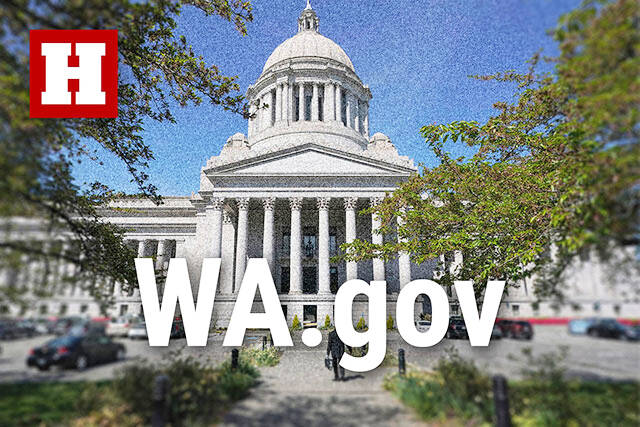By Nicholas K. Geranios / Associated Press
SPOKANE — The Washington state Supreme Court on Thursday ruled the Department of Natural Resources can continue to manage state trust lands for the financial benefit of schools and other institutions, but can also look at other ways to ensure that such lands are managed to benefit all residents.
In a unanimous decision, the justices decided that while the present system was legal, there were additional uses of trust lands to benefit the public.
The current DNR policies provide “a benefit to the general population by boosting local economies as well as maintaining stronger and better-funded public systems of education and governance,” the court ruled. “DNR’s discretionary land management strategies are neither unconstitutional nor arbitrary and capricious.”
But the high court also ruled that while DNR was not required to generate revenue specifically from timber harvests on state lands, they may elect to do so because of their discretion as trust managers. The agency is also not required to prioritize revenue maximization in their land management.
Commissioner of Public Lands Hilary Franz, who heads DNR, said she realizes the agency must do everything it can to protect public lands in the face of climate change.
“Today’s ruling affirms DNR’s position that it has discretion under the constitutional and legislative mandate to manage public lands on behalf of the communities we serve and ensure our public lands are providing the greatest environmental, social, and economic good,” Franz said. “This is why DNR has made climate resilience and long-term sustainable land use a core part of our work.”
Wyatt Golding, an attorney for the environmental groups, called the decision “thoughtful and well-reasoned.”
“Our message was that DNR must balance the generation of revenue from logging with the public interest,” Golding said.
“The battle we’ve been fighting is to achieve a fair balance,” Goldman said. “We have argued that the management of these lands has historically been pushed to maximize revenue. We have never fought to end all timber harvest on state lands.”
”DNR and the Legislature now can design 21st Century forest management that meets the challenges we face today,” Golding said.
Environmental organizations Conservation Northwest, Washington Environmental Council, and Olympic Forest Coalition, as well as eight community members, brought forth the lawsuit arguing that the state constitution requires that the federally-granted public forestlands managed by the state Department of Natural Resources (DNR) are “held in trust for all the people.”
“The court issued a monumental conservation ruling,” said Mitch Friedman, executive director of Conservation Northwest. “Over coming years and decades, this ruling will be cited in support of nature-protection policies made by the Legislature and the DNR.
Upon Washington’s statehood in 1889, the federal government granted the state 3 million acres of land, designated to support public institutions, including K-12 school construction and state universities. Approximately 1.5 million acres of the federally-granted state trust lands are forested.
The state Constitution states that “all the public lands granted to the state are held in trust for all the people.”
The state’s focus on generating revenue leads to intensive logging of public lands, in contrast to a more balanced approach of logging, employment, promoting forest health and fisheries, and sequestering carbon, the lawsuit said.
“Washingtonians should not be forced to choose between logging revenue and healthy forests that protect local air, water, and habitat— particularly in a time of climate crisis, as well as decline and extinction of species,” the environmental groups contended.
The plaintiffs in 2020 filed a lawsuit against DNR in King County Superior Court, calling for management of lands for the benefit of all people. The lower court ruled in favor of DNR, and the case then went to the state Supreme Court.
Talk to us
> Give us your news tips.
> Send us a letter to the editor.
> More Herald contact information.

























